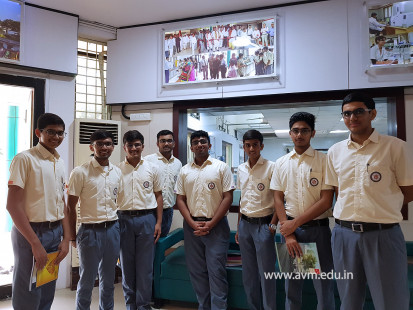
Std 11-12 Biology students' visit to Research Centres (1)
43432433894_8b4fb8e484_b
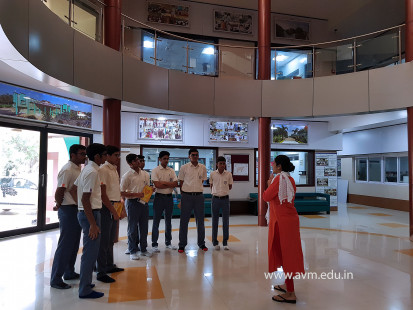
Std 11-12 Biology students' visit to Research Centres (2)
44102665002_b3c3e4a391_b
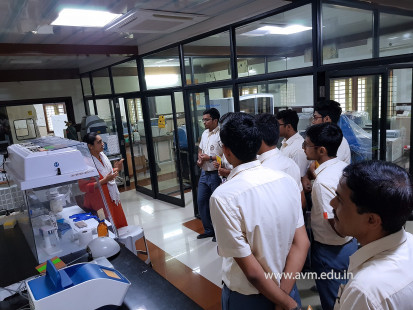
Std 11-12 Biology students' visit to Research Centres (3)
43432433394_abeeb9a271_b
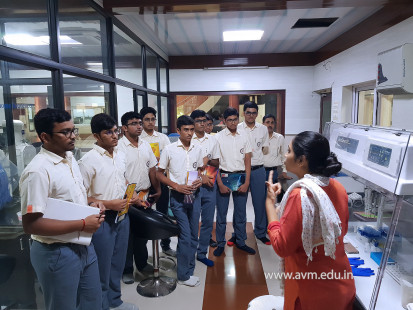
Std 11-12 Biology students' visit to Research Centres (4)
44150679771_66b0ef159e_b
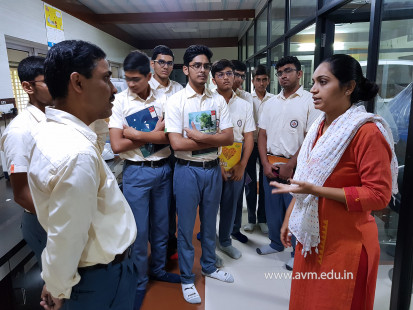
Std 11-12 Biology students' visit to Research Centres (5)
44150679361_fd70bff88a_b
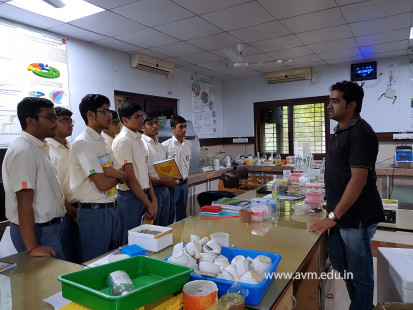
Std 11-12 Biology students' visit to Research Centres (6)
44150679171_3a91bb24b2_b
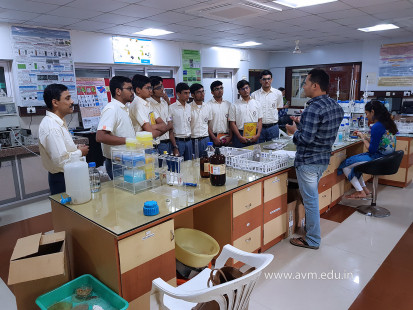
Std 11-12 Biology students' visit to Research Centres (7)
44102660732_0642c35232_b
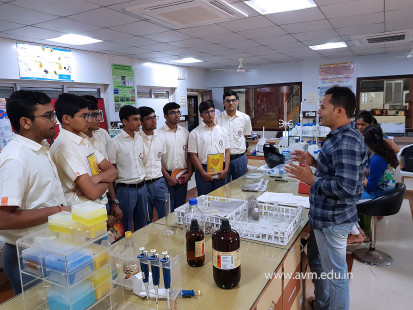
Std 11-12 Biology students' visit to Research Centres (8)
44102659512_e15a371bbb_b
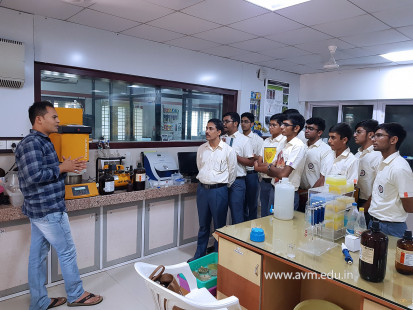
Std 11-12 Biology students' visit to Research Centres (9)
44150678281_12d57fab33_b
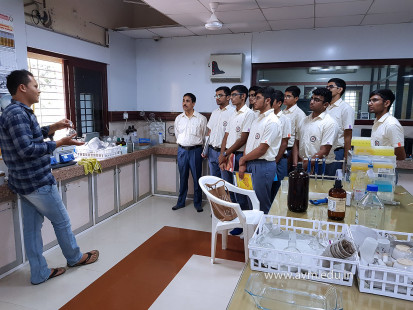
Std 11-12 Biology students' visit to Research Centres (10)
44102657852_02bd3b43f3_b
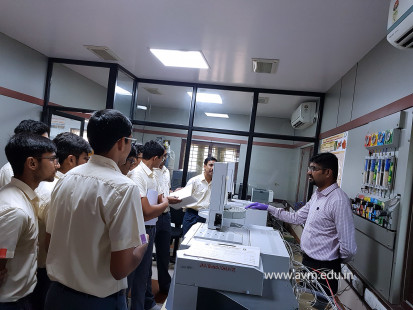
Std 11-12 Biology students' visit to Research Centres (11)
44102657092_8946e36847_b
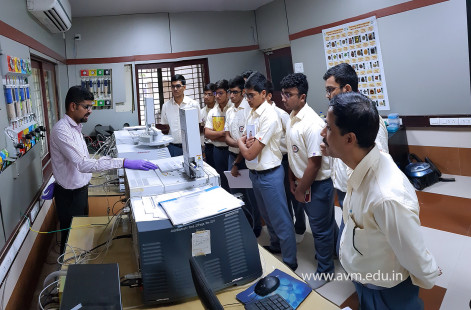
Std 11-12 Biology students' visit to Research Centres (12)
44150677881_8db4a8d989_b
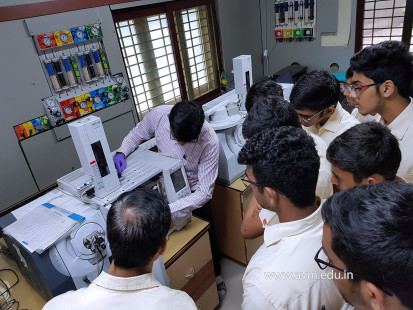
Std 11-12 Biology students' visit to Research Centres (13)
42342330900_f7142043b7_b
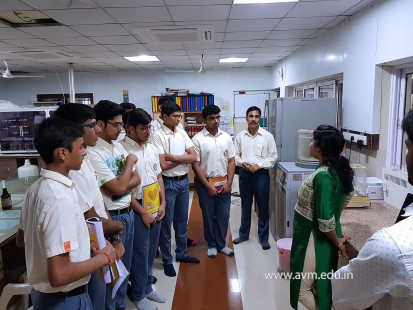
Std 11-12 Biology students' visit to Research Centres (14)
42342330130_be3d15046e_b
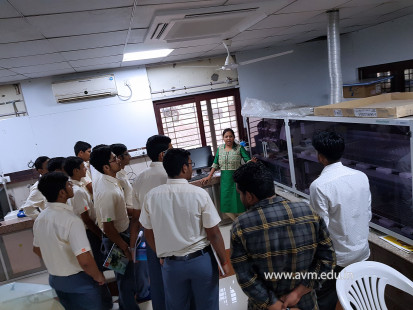
Std 11-12 Biology students' visit to Research Centres (15)
44150677191_ac64353a15_b
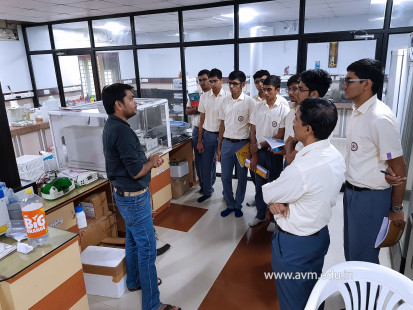
Std 11-12 Biology students' visit to Research Centres (16)
44150680351_5f22d6f888_b
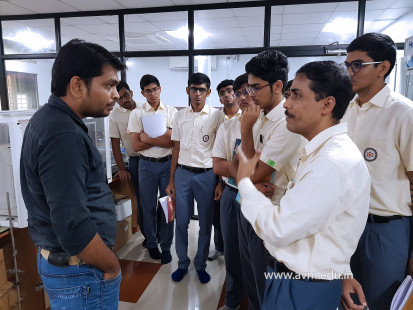
Std 11-12 Biology students' visit to Research Centres (17)
29213265677_04443451ef_b
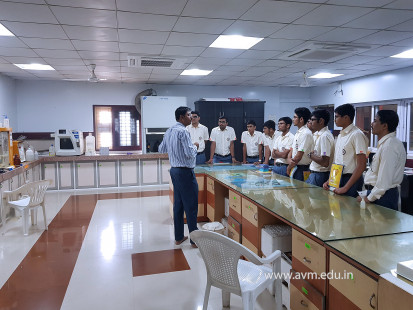
Std 11-12 Biology students' visit to Research Centres (18)
44150680761_2d08415367_b
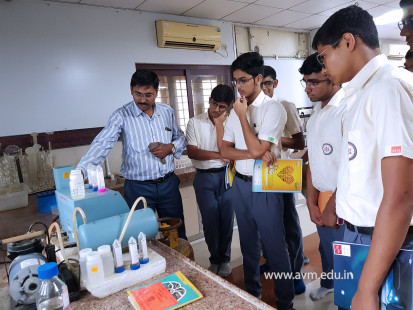
Std 11-12 Biology students' visit to Research Centres (19)
29213265367_58be84e366_b
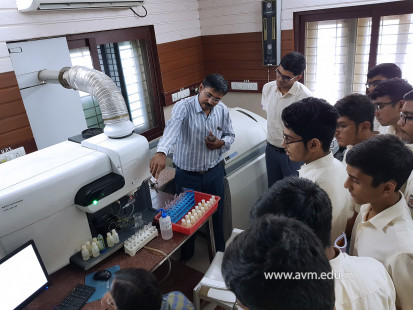
Std 11-12 Biology students' visit to Research Centres (20)
29213265107_02f35453c6_b
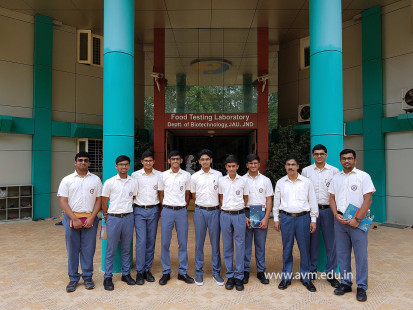
Std 11-12 Biology students' visit to Research Centres (21)
42342327630_61ae48b333_b
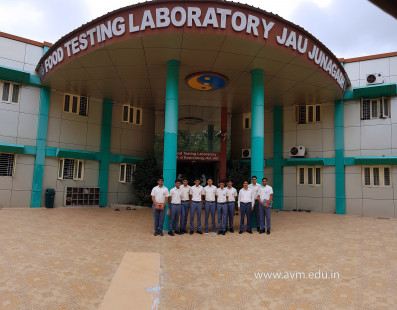
Std 11-12 Biology students' visit to Research Centres (22)
42342327300_d4ff3208de_b
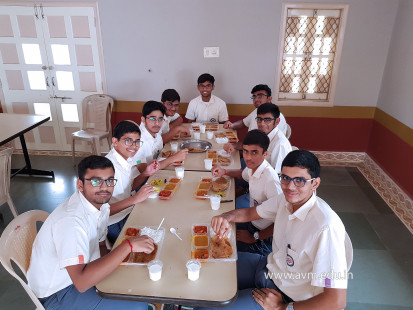
Std 11-12 Biology students' visit to Research Centres (23)
42342326890_2cf3754053_b
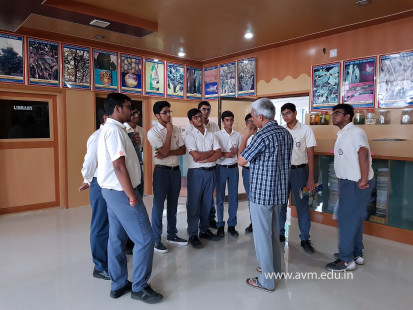
Std 11-12 Biology students' visit to Research Centres (24)
42342326660_5d6e133d54_b
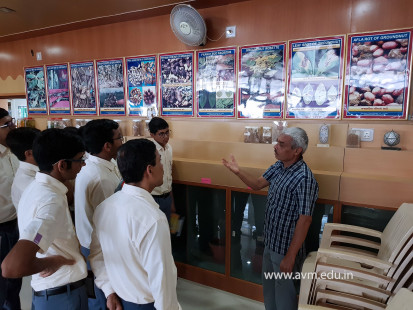
Std 11-12 Biology students' visit to Research Centres (25)
42342326310_64011d39fe_b
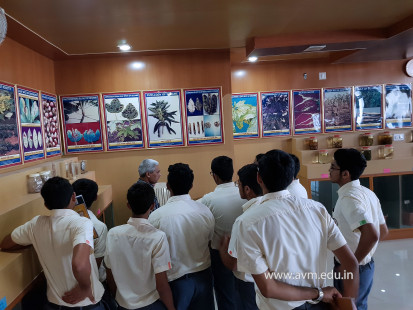
Std 11-12 Biology students' visit to Research Centres (26)
42342325940_d95e91b4fc_b
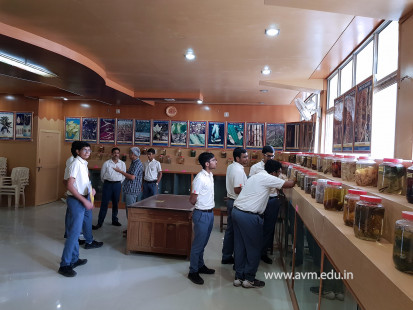
Std 11-12 Biology students' visit to Research Centres (27)
42342325600_798dc5dfb2_b
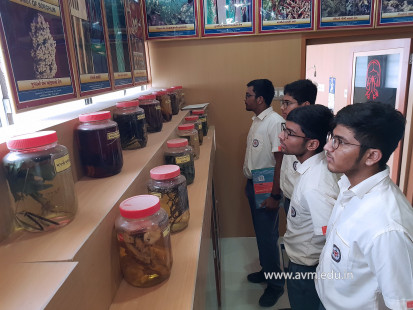
Std 11-12 Biology students' visit to Research Centres (28)
44102645092_9091c25cbe_b
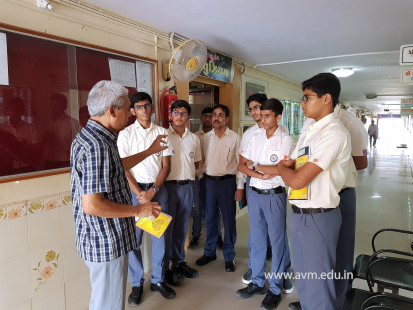
Std 11-12 Biology students' visit to Research Centres (29)
44102644362_3d43ffeeaf_b
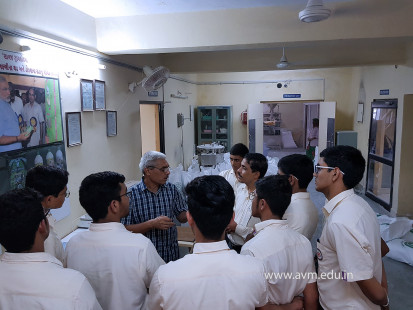
Std 11-12 Biology students' visit to Research Centres (30)
44102643822_8b42bac126_b
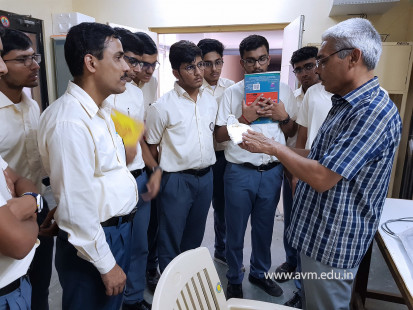
Std 11-12 Biology students' visit to Research Centres (31)
44102643042_551723eabd_b
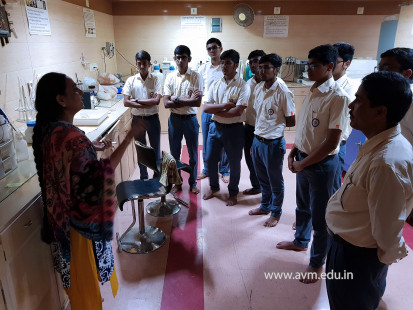
Std 11-12 Biology students' visit to Research Centres (32)
44102642092_3fa23b36c5_b
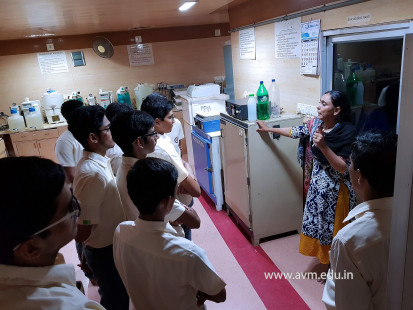
Std 11-12 Biology students' visit to Research Centres (33)
42342323760_b9a853feda_b
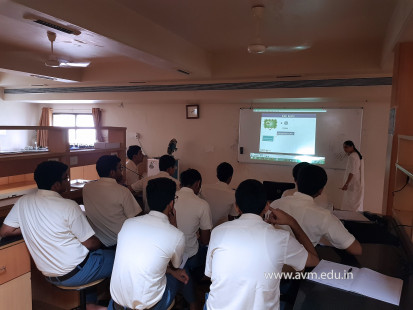
Std 11-12 Biology students' visit to Research Centres (34)
44102640152_10532ab397_b
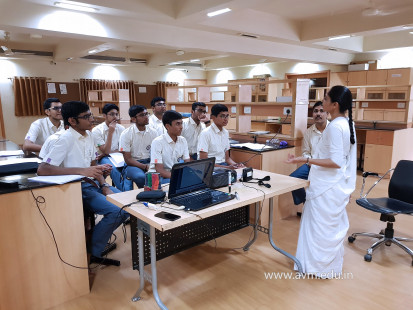
Std 11-12 Biology students' visit to Research Centres (35)
44102639692_b6a2590ce2_b
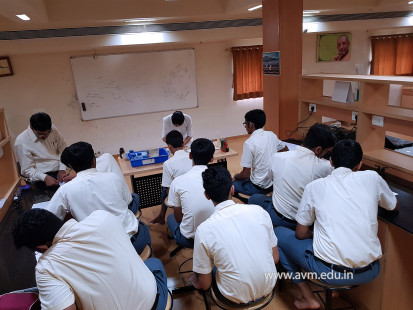
Std 11-12 Biology students' visit to Research Centres (36)
42342323090_df23ebd7ee_b
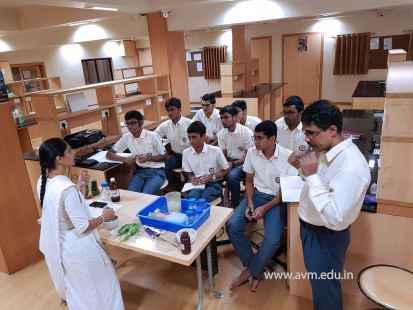
Std 11-12 Biology students' visit to Research Centres (37)
42342322840_ab2b8794de_b
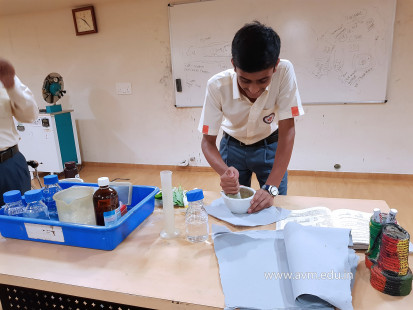
Std 11-12 Biology students' visit to Research Centres (38)
44102641082_f88b13ce5f_b
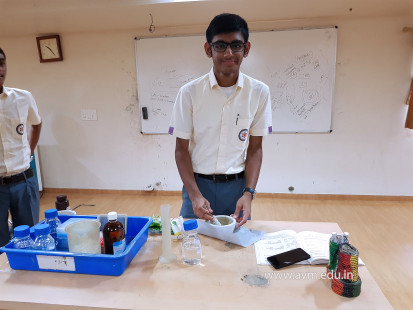
Std 11-12 Biology students' visit to Research Centres (39)
42342322400_347c2f0e60_b
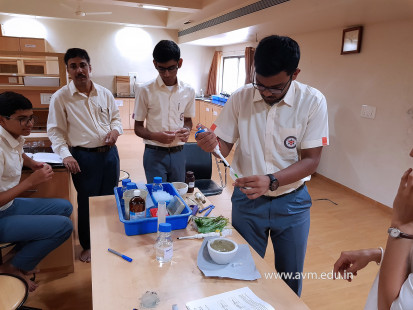
Std 11-12 Biology students' visit to Research Centres (40)
44102637522_aa92425252_b
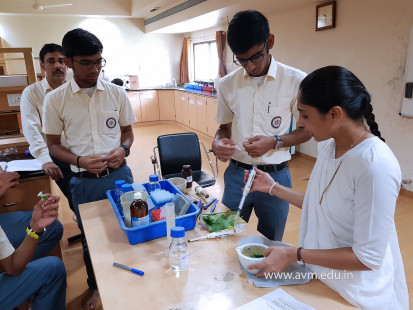
Std 11-12 Biology students' visit to Research Centres (41)
44102637072_564665323e_b
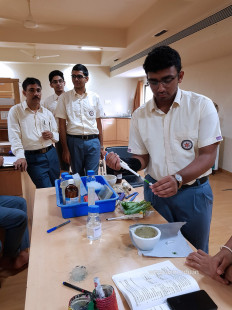
Std 11-12 Biology students' visit to Research Centres (42)
44102636352_9f17359119_b
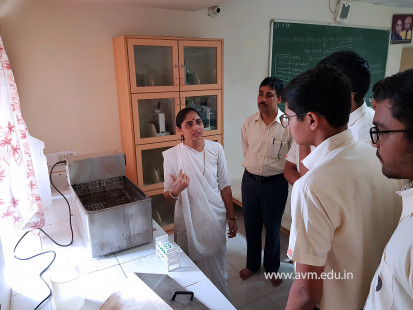
Std 11-12 Biology students' visit to Research Centres (43)
44102635482_d4e8f93f22_b
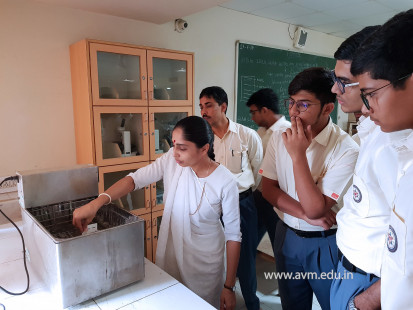
Std 11-12 Biology students' visit to Research Centres (44)
44102635072_2edee50741_b
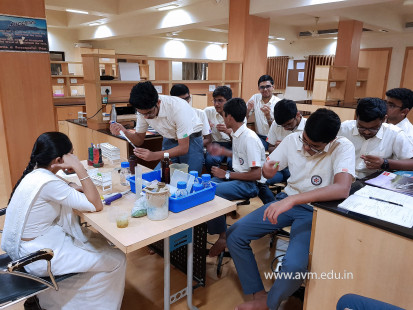
Std 11-12 Biology students' visit to Research Centres (45)
42342320920_a1cf11f872_b
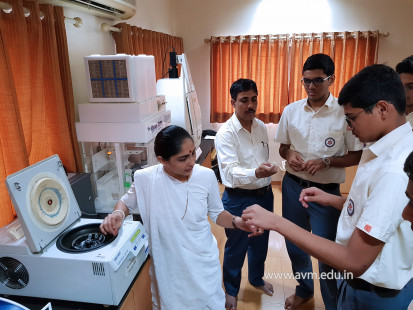
Std 11-12 Biology students' visit to Research Centres (46)
42342320540_bfb749e845_b
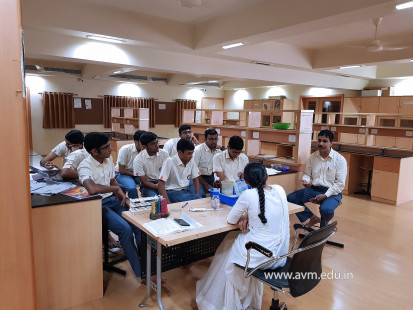
Std 11-12 Biology students' visit to Research Centres (47)
42342320260_98234ce732_b

Std 11-12 Biology students' visit to Research Centres (48)
44102633522_131cbba057_b
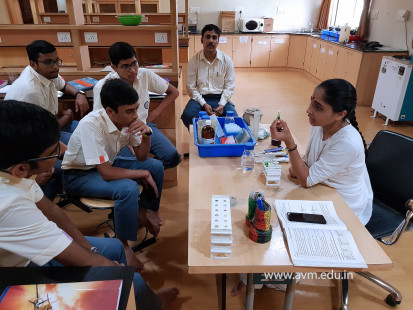
Std 11-12 Biology students' visit to Research Centres (49)
42342319880_62af618140_b
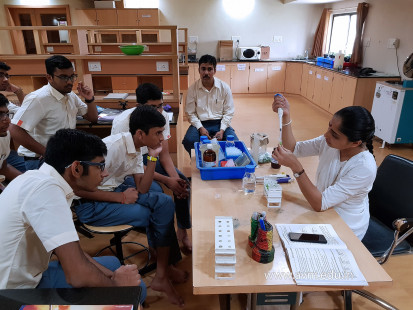
Std 11-12 Biology students' visit to Research Centres (50)
44102633012_8d2032d923_b
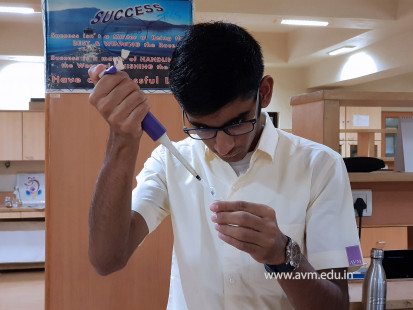
Std 11-12 Biology students' visit to Research Centres (51)
44102632822_65f89081a0_b
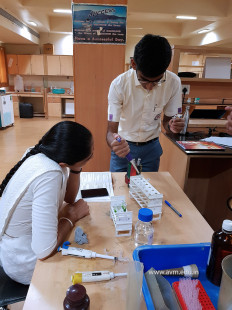
Std 11-12 Biology students' visit to Research Centres (52)
44102632012_18ac13806b_b
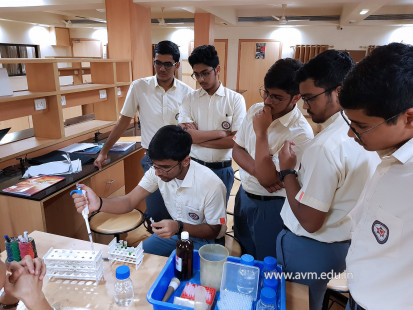
Std 11-12 Biology students' visit to Research Centres (53)
29213254227_287f413365_b
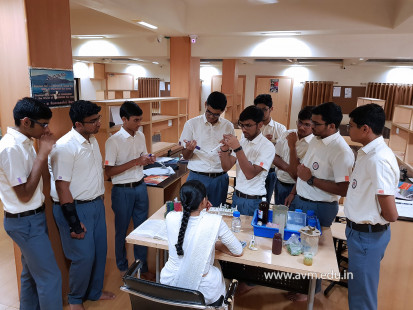
Std 11-12 Biology students' visit to Research Centres (54)
44102631552_dea25be08d_b
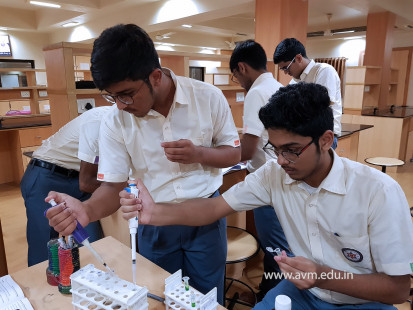
Std 11-12 Biology students' visit to Research Centres (55)
44102630972_7676e31410_b
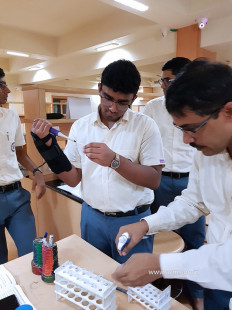
Std 11-12 Biology students' visit to Research Centres (56)
30284037628_c40dbffe68_b
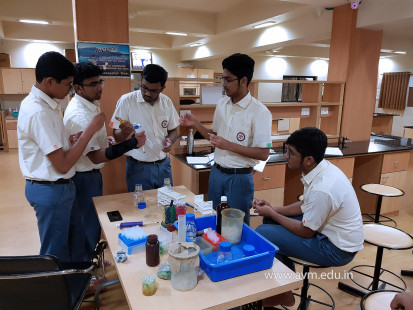
Std 11-12 Biology students' visit to Research Centres (57)
29213252777_dc7b01806b_b
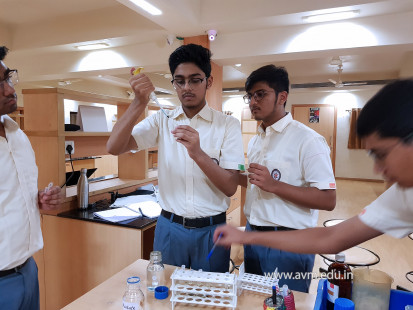
Std 11-12 Biology students' visit to Research Centres (58)
29213252257_9e1489a750_b
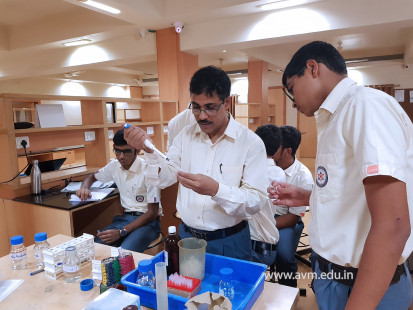
Std 11-12 Biology students' visit to Research Centres (59)
29213251997_cf79e52449_b
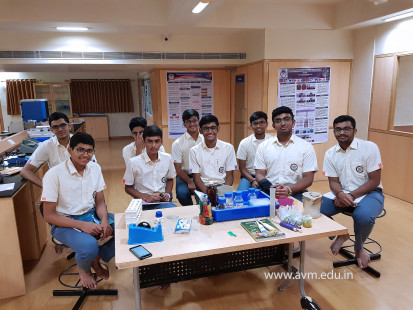
Std 11-12 Biology students' visit to Research Centres (60)
44150669601_bb365a59de_b
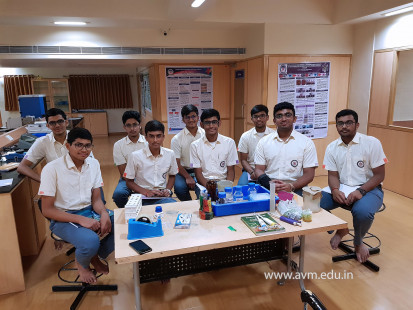
Std 11-12 Biology students' visit to Research Centres (61)
44150669191_ae2ee75b3e_b
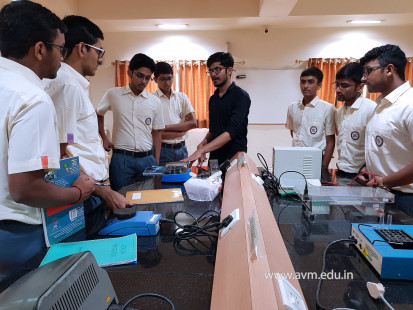
Std 11-12 Biology students' visit to Research Centres (62)
44150668921_6a00cc4d46_b
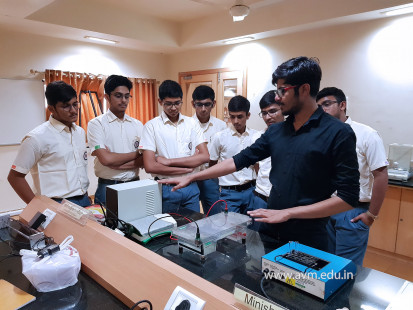
Std 11-12 Biology students' visit to Research Centres (63)
30284036408_e327d07c04_b
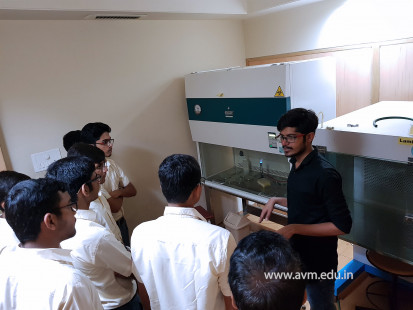
Std 11-12 Biology students' visit to Research Centres (64)
44102632562_f6102a42d8_b
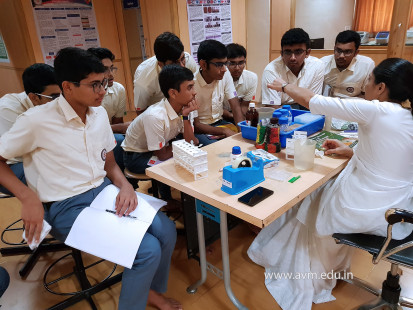
Std 11-12 Biology students' visit to Research Centres (65)
44102632212_363a757433_b
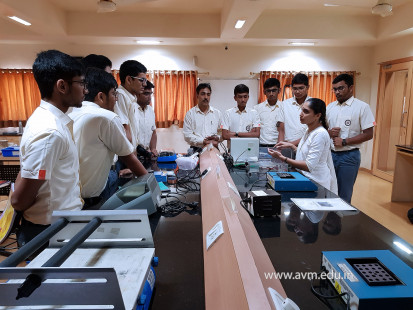
Std 11-12 Biology students' visit to Research Centres (66)
30284035428_be504c3561_b
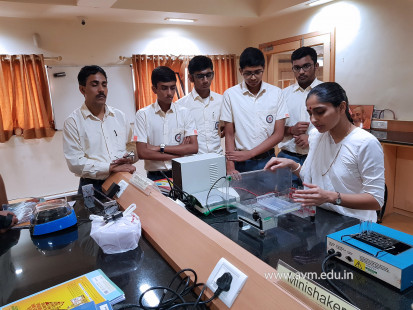
Std 11-12 Biology students' visit to Research Centres (67)
44150667341_8b45b96bc8_b
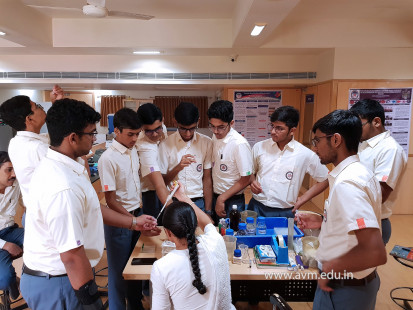
Std 11-12 Biology students' visit to Research Centres (68)
44150666851_6ba97daf4d_b
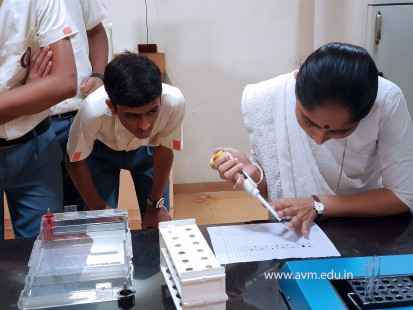
Std 11-12 Biology students' visit to Research Centres (69)
44150666531_643e7cc6dc_b
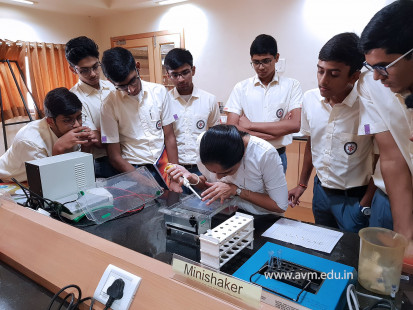
Std 11-12 Biology students' visit to Research Centres (70)
44150666221_6bf6a9c0a1_b
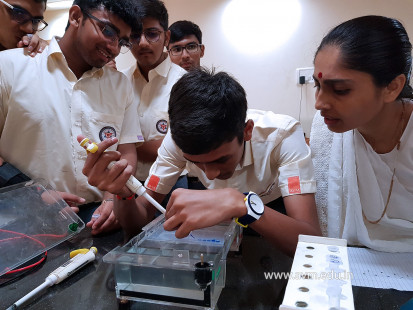
Std 11-12 Biology students' visit to Research Centres (71)
44150665911_411957b861_b
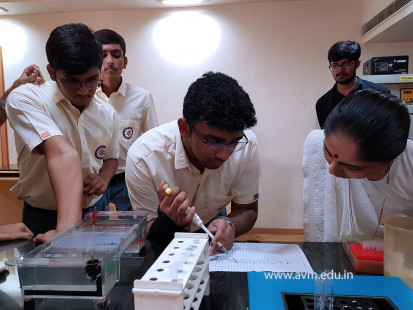
Std 11-12 Biology students' visit to Research Centres (72)
44150665571_54732bcecd_b
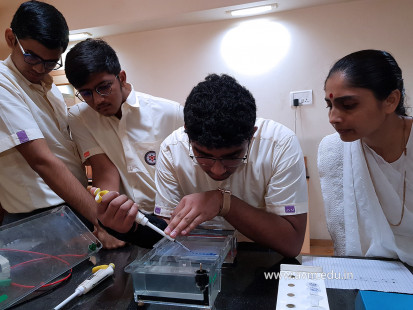
Std 11-12 Biology students' visit to Research Centres (73)
29213247227_47d9a1b785_b
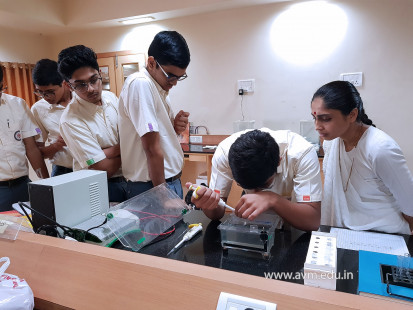
Std 11-12 Biology students' visit to Research Centres (74)
30284033898_f2eda28c67_b
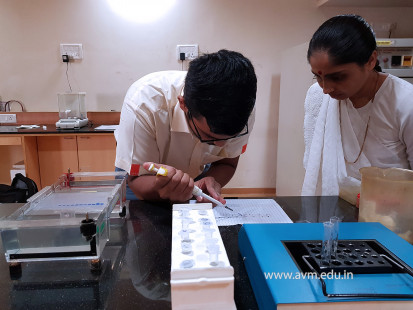
Std 11-12 Biology students' visit to Research Centres (75)
29213246807_b2d6f45c4c_b
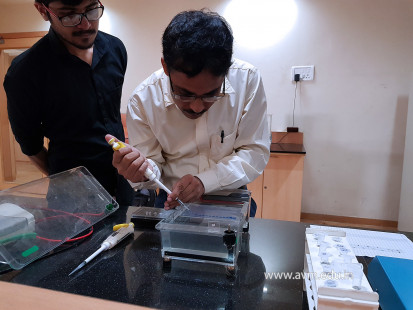
Std 11-12 Biology students' visit to Research Centres (76)
30284033378_57d8a7e3fa_b
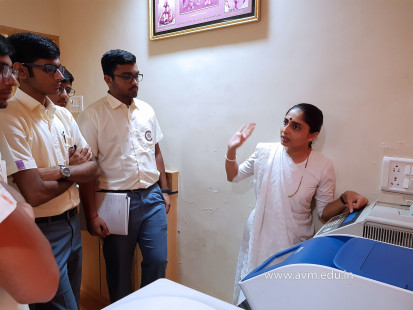
Std 11-12 Biology students' visit to Research Centres (77)
42342311380_6041b51fed_b
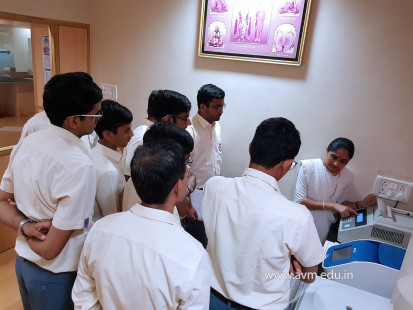
Std 11-12 Biology students' visit to Research Centres (78)
42342311010_709f2c7791_b
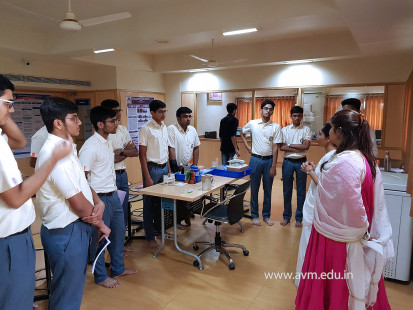
Std 11-12 Biology students' visit to Research Centres (79)
42342310630_168884ae7c_b
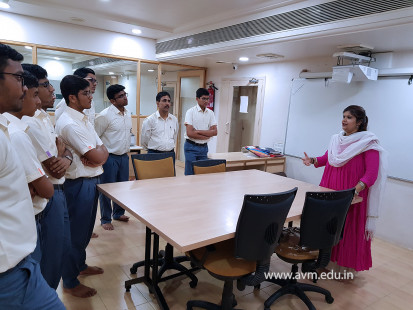
Std 11-12 Biology students' visit to Research Centres (80)
43432394404_47540fa511_b
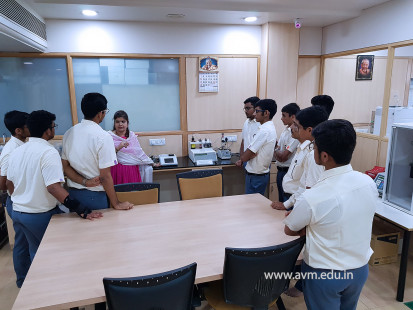
Std 11-12 Biology students' visit to Research Centres (81)
42342309980_404117be55_b
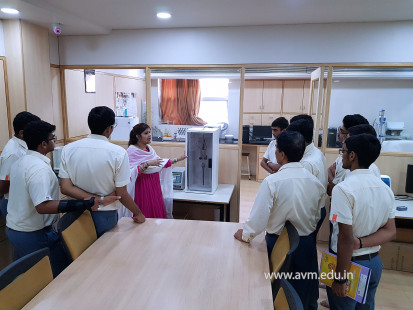
Std 11-12 Biology students' visit to Research Centres (82)
43432393774_088007f089_b
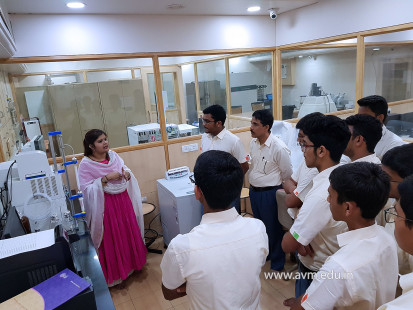
Std 11-12 Biology students' visit to Research Centres (83)
44150663311_59401ed47e_b
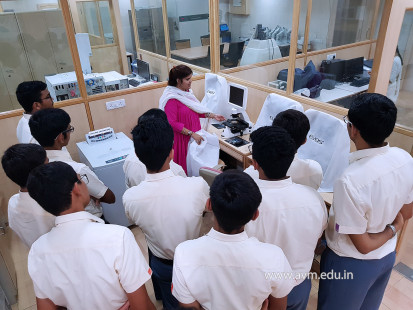
Std 11-12 Biology students' visit to Research Centres (84)
44150663151_13f3b84b80_b
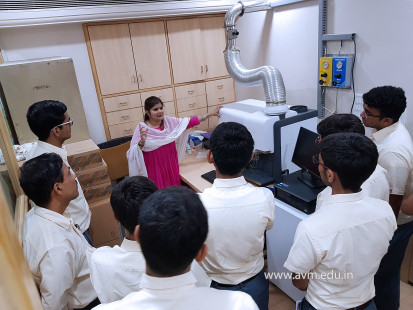
Std 11-12 Biology students' visit to Research Centres (85)
44150662971_43ff3cc1e0_b
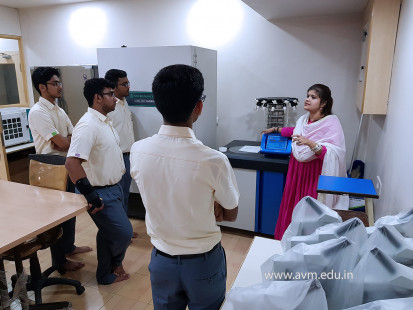
Std 11-12 Biology students' visit to Research Centres (86)
42342308680_d6f4460b85_b
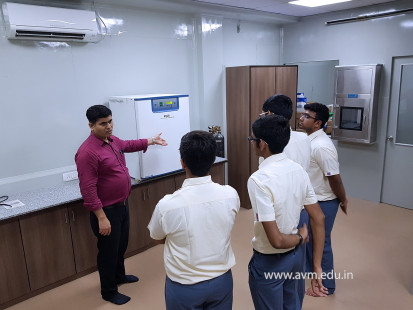
Std 11-12 Biology students' visit to Research Centres (87)
44150662451_1f5651141c_b
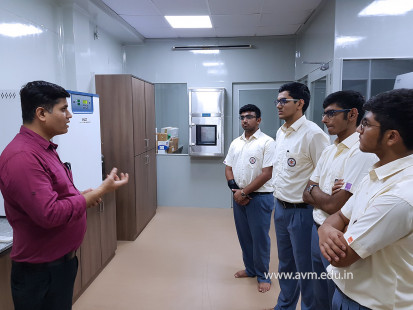
Std 11-12 Biology students' visit to Research Centres (88)
44150662141_a743ba7946_b
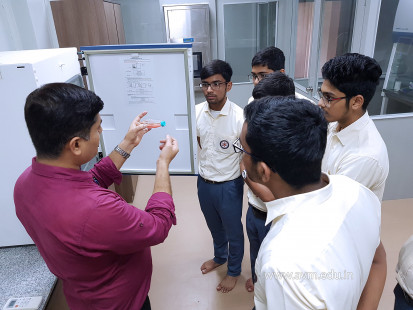
Std 11-12 Biology students' visit to Research Centres (89)
44150662011_14848e86e3_b
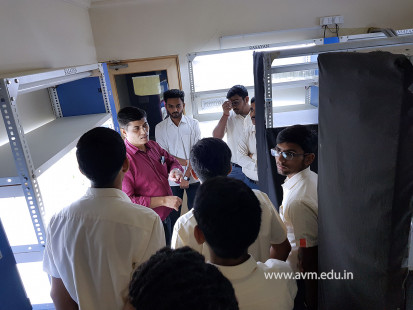
Std 11-12 Biology students' visit to Research Centres (90)
44150661751_db32c01423_b
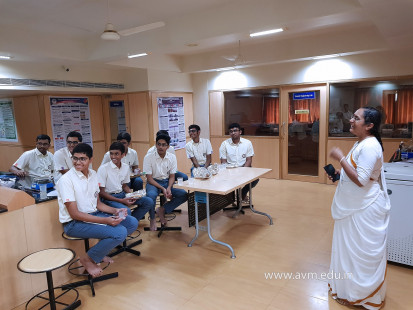
Std 11-12 Biology students' visit to Research Centres (91)
44150661591_27a24b92de_b
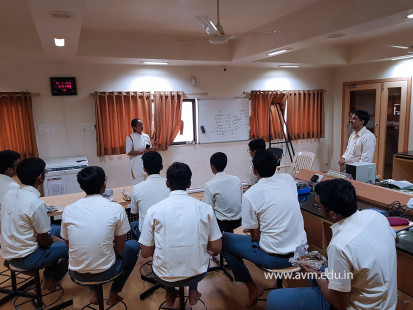
Std 11-12 Biology students' visit to Research Centres (92)
44150661381_e47da5f914_b
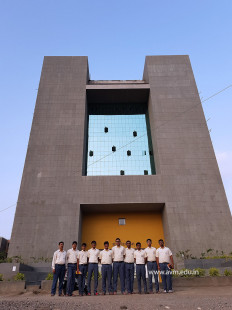
Std 11-12 Biology students' visit to Research Centres (94)
44150660631_a506df19fc_b
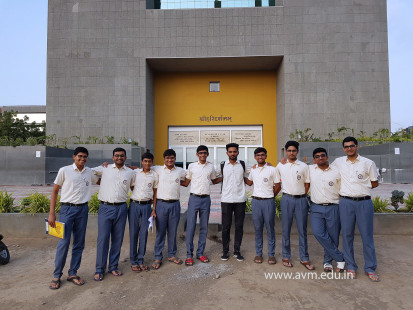
Std 11-12 Biology students' visit to Research Centres (95)
42342304680_d1e3eabacd_b
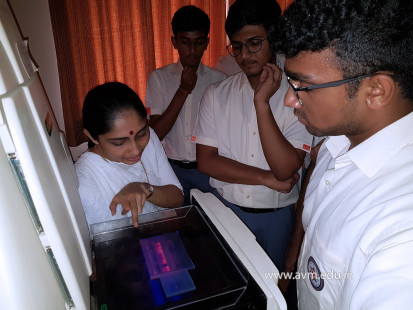
Std 11-12 Biology students' visit to Research Centres (96)
44212616861_d8d7de6ab5_b
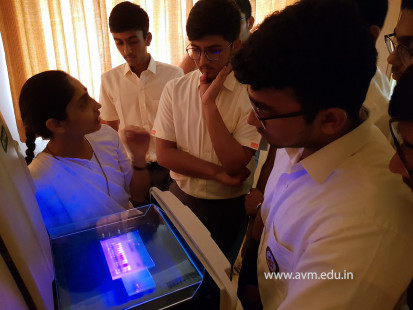
Std 11-12 Biology students' visit to Research Centres (97)
43307033385_253e7fba81_b
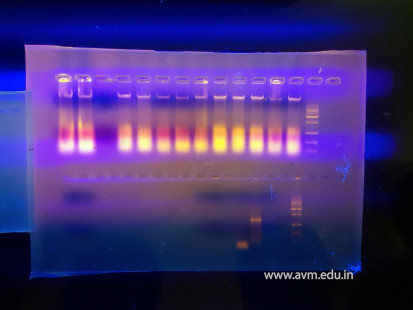
Std 11-12 Biology students' visit to Research Centres (98)
44212615211_bc031e8a5e_b


